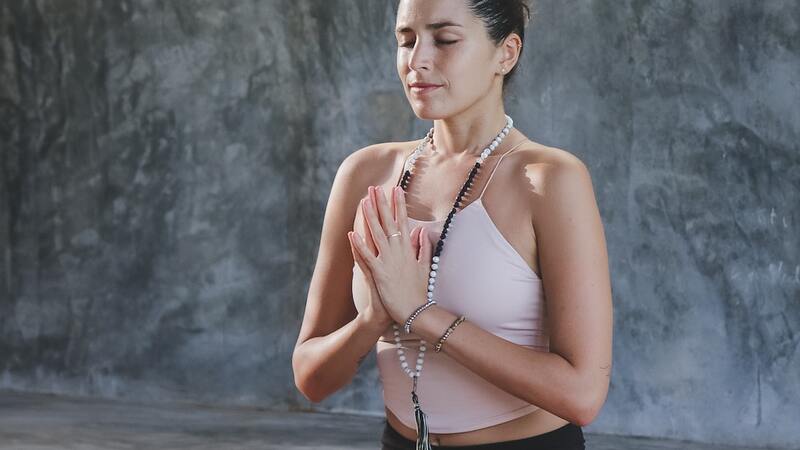You very likely breathe without thinking about it. Your body does it automatically, without much — if any — conscious effort on your behalf.
But it’s important to pay attention to how you breathe. In general, it’s healthier to breathe through your nose instead of your mouth. That’s because nose breathing is more natural and helps your body effectively use the air you inhale.
Yet, it’s estimated that about 30 to 50 percent of adults breathe through their mouth, especially earlier in the day. This could potentially lead to health issues like bad breath and dry mouth.
In this article, we’ll take a closer look at the advantages of breathing through your nose, as well as simple nose breathing exercises you can try.
How does nose breathing differ from mouth breathing?
Your nose and mouth provide two ways to breathe. Both lead to your throat, which carries oxygen into your lungs. Even so, there are important differences between nose breathing and mouth breathing.
Nose breathing
Your nose is designed to help you breathe safely, efficiently, and properly. It can do this due to its ability to:
- Filter out foreign particles. Nasal hair filters out dust, allergens, and pollen, which helps prevent them from entering your lungs.
- Humidify inhaled air. Your nose warms and moisturizes the air you breathe in. This brings the air you inhale to body temperature, making it easier for your lungs to use.
- Produce nitric oxide. During nasal breathing, your nose releases nitric oxide (NO). NO is a vasodilator, which means it helps to widen blood vessels. This can help improve oxygen circulation in your body.
Mouth breathing
Your mouth helps you eat, drink, and talk. You can also use your mouth to breathe, but it doesn’t have many of the unique features that your nose has for this purpose.
In some cases, mouth breathing is necessary. You might need to breathe through your mouth if you have:
- nasal congestion
- a deviated septum
- small nostrils
Yet, breathing primarily through your mouth is associated with some health risks. With mouth breathing, your mouth loses moisture, which can cause dry mouth. It could also increase your risk of:
- inhaling unfiltered air
- allergic reactions to allergens
- asthma
- bad breath
- tooth decay
- gum inflammation (gingivitis)
- snoring
- sleep apnea
- teeth or jaw abnormalities
What are the benefits of breathing through your nose?
Since your nose was specifically designed to help you breathe, nasal breathing has many advantages.
Nose breathing is beneficial primarily because it allows your nasal cavities to:
- reduce exposure to foreign substances
- humidify and warm inhaled air
- increase air flow to arteries, veins, and nerves
- increase oxygen uptake and circulation
- slow down breathing
- improve lung capacity
- strengthen the diaphragm
- lower your risk of allergies and hay fever
- reduce your risk of coughing
- aid your immune system
- lower your risk of snoring and sleep apnea
- support the correct formation of teeth and mouth
Can breathing through your nose while exercising improve your athletic performance?
During exercise, many people breathe through their mouth. This can happen because faster breathing increases airflow resistance in your nose, causing you to switch to mouth breathing.
However, the evidence is mixed as to whether nose breathing is a better option than mouth breathing during exercise.
In a small 2018 study, 10 runners ran on a treadmill twice: once with nose breathing and once with mouth breathing. During each session, the researchers measured respiratory markers like oxygen consumption, respiratory rate, and carbon dioxide production.
The researchers found that the runners consumed the same amount of oxygen during nose and mouth breathing while running. But their respiratory rate, or number of breaths per minute, was lower during nose breathing.
This means it took less work to consume the same amount of oxygen with nose breathing, which could potentially improve athletic performance and endurance.
However, a small 2017 studyTrusted Source found that while nose breathing led to a lower respiratory rate during exercise, it may also increase cardiovascular stress.
The authors of this study determined that breathing technique doesn’t affect athletic performance, and that the mode of breathing during exercise should be decided by the individual.



